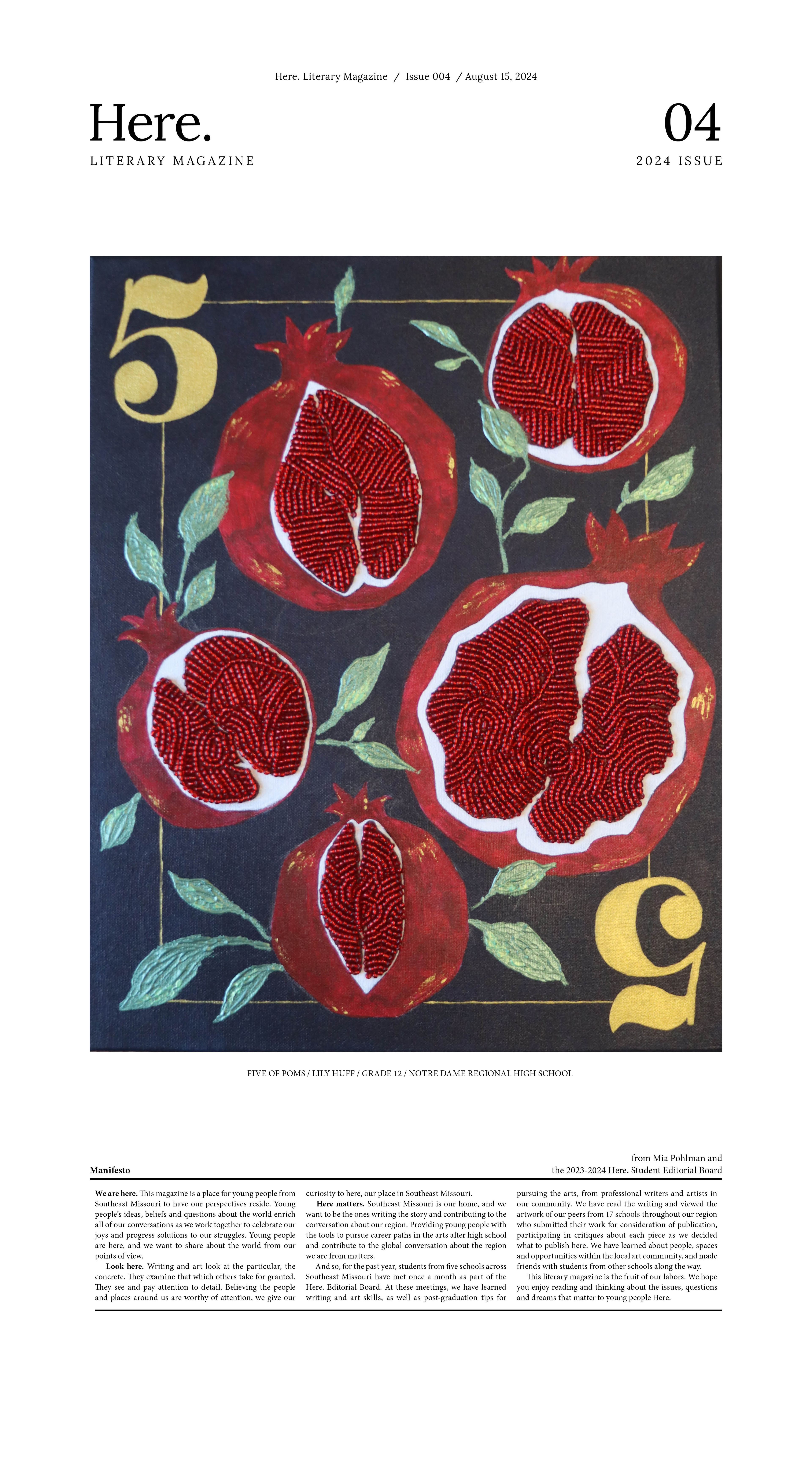CommunityJanuary 19
Photo gallery: Mercy Southeast Journey Gala 2025Photo gallery: Mercy Southeast Journey Gala 2025Mercy Southeast's eighth annual Journey Gala, themed "London Kings and Queens", raised funds for cancer patients, with attendees donning elegant attire for a memorable evening Saturday, Jan. 18.Top Stories
WorldJanuary 20
Trump, in his inaugural address, rips into the country's past leaders and makes sweeping promisesIn his second inaugural address, Trump criticized past leadership and promised a new "golden age" for America. Speaking inside the Capitol Rotunda, he vowed to end the nation's decline and reclaim sovereignty.STEVE PEOPLES, NICHOLAS RICCARDI and BILL BARROW, Associated Press
OpinionJanuary 20
Our Opinion: Jess Bolen's legacy lives on in Southeast Missouri's baseball history Southeast Missouri mourns Jess Bolen, a baseball icon whose 50-year leadership of the Capahas brought over 1,500 wins and lasting community impact. His legacy continues through his family and local baseball history.BusinessJanuary 20
Asian shares gain and bitcoin hits a record high ahead of U.S. inaugurationAsian shares rise and bitcoin hits a record high ahead of Trump's inauguration. European markets gain, while U.S. markets close for a holiday. Investors eye U.S.-China relations and central bank moves.ELAINE KURTENBACH, Associated Press
Advertisement
Advertisement
Media Gallery
Latest
Receive Daily Headlines FREESign up today!
Editorial
Advertisement
Business
Health
HealthJan. 17
Food
Advertisement
Receive Daily Headlines FREESign up today!













































